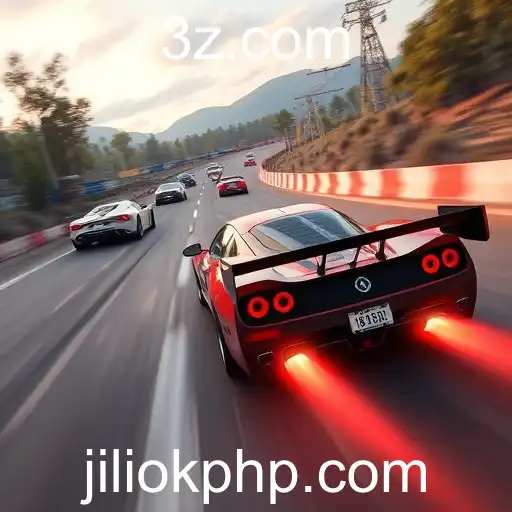Racing games have long held a prominent spot in the ever-evolving landscape of video gaming, offering players the opportunity to experience the thrill of high-speed competition from the comfort of their own homes. Within this expansive genre, titles range from hyper-realistic simulations to arcade-style experiences that prioritize fun and fantasy. The keyword 'jiliok' surfaces as a significant point of interest in this domain, potentially representing a new wave of innovation or a community-driven aspect within the racing game niche.
The evolution of racing games from their rudimentary beginnings to the sophisticated, graphics-driven experiences we see today is a testament to technological advancement and creative storytelling. Early classics like 'Pole Position' and 'Out Run' laid the groundwork for future developers, mixing simple mechanics with competitive gameplay to capture audiences worldwide. With the advent of 3D graphics and more powerful gaming systems, titles such as 'Gran Turismo' and 'Need for Speed' introduced an unprecedented level of realism and depth, allowing players to customize vehicles and race on intricately designed tracks that mimicked real-world driving conditions.
In recent years, the genre has diversified even further, integrating elements of open-world exploration and narrative-driven quests to attract a broader audience. Games like 'Forza Horizon' and 'The Crew' encourage players to veer off the beaten path, emphasizing player choice and community engagement. Within this vibrant ecosystem, the term 'jiliok' might refer to a unique in-game feature, a community-led tournament, or possibly a modding culture that adds new life to existing games.
The impact of racing games extends beyond pure entertainment. These games often serve as a training ground for aspiring motorsport enthusiasts and can even improve real-world driving skills. Their competitive nature fosters a sense of camaraderie and rivalry, whether among friends in local multiplayer modes or international competitors in global esports tournaments.
Moreover, racing games have played a pivotal role in bridging the gap between virtual and real racing. Sim racing, a subcategory of realistic racing simulations, has gained traction as a legitimate training tool for professional drivers, providing them with a cost-effective way to practice tracks and refine their craft without the risks and expenses associated with actual track time.
In summary, the racing games genre remains a dynamic and integral part of the gaming industry. Whether it's through the implementation of innovative features hinted at by 'jiliok' or the continual push for hyper-realistic experiences, racing games are poised to accelerate into the future, providing endless hours of adrenaline-fueled fun for gamers around the world.

Explore the exhilarating world of racing games, where speed and strategy combine to create immersive experiences. This article dives into the evolution, impact, and popular titles in the racing game genre, focusing on the keyword 'jiliok'.




